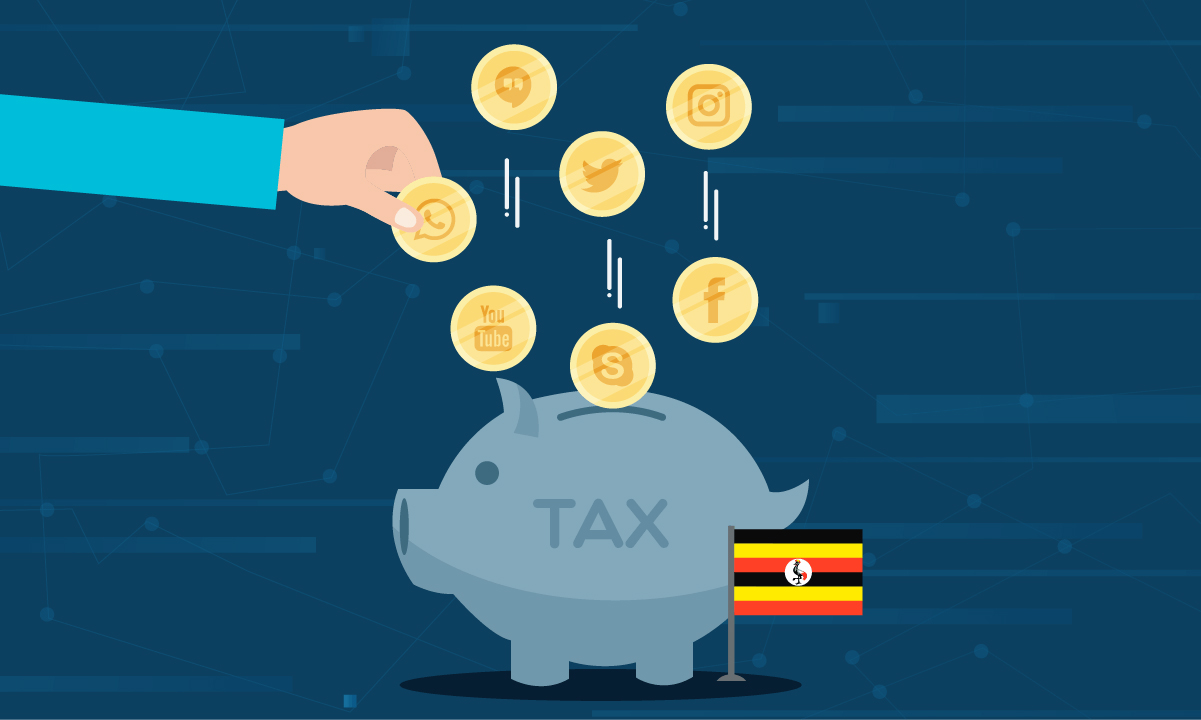Uganda Imposes Social Media Tax, Talks of Banning VPNs
Virtual Private Networks (VPNs) were developed so that people could access the internet in privacy, without having to fear eavesdropping by the government or by their ISPs. They've also been used around the world by people in countries where access to certain sites is restricted, for example news sites in Russia or China or social media in countries where those networks are banned. As a result, restrictive governments worldwide have started cracking down not only on certain sites but also on VPNs themselves.
The latest government move is from Uganda, which is currently pressuring ISPs to ban VPNs. The pressure is because of the recent spike in popularity of VPNs after the government decided to charge 200 shillings ($0.05) per day for access to social networking sites. The tax applies to Facebook, Twitter, WhatsApp, Google Hangouts, YouTube, Skype, Yahoo Messenger, and others. The president of Uganda says that the tax - which is called the Over The Top (OTT) tax - is to fight "lugambo" which can be translated to "gossip" or even "lying."
"I am not going to propose a tax on internet use for educational, research or reference purposes... these must remain free," the president said in a local Ugandan paper. "However, lugambo on social media (opinions, prejudices, insults, friendly chats) and advertisements by Google and I do not know who else must pay tax because we need resources to cope with the consequences of their lugambo."
But opponents of the law say that it's just another way for the government to collect money from an already impoverished population. It also falls in line with another recent Ugandan law, which requires "All online data communication service providers, including online publishers, online news platforms, online radio and television operators" to register with the Uganda Communications Commission. Taken together, it seems like first steps toward controlling free speech online, as we've seen in other countries. Amnesty International even called for the government to get rid of the tax, saying it was an attempt to stifle free speech disguised as a way to make revenue.
While five cents a day may not seem like much, it's important to remember that many (some even say most) people in Uganda live on under a dollar a day. When put into that perspective, $20 a year is a lot of money.
And so, logically, many Ugandans have turned to VPNs. In addition to pressuring ISPs to ban VPNs, the Ugandan government is also running a campaign to convince people that VPNs are more expensive than paying the social media tax. They argue that VPNs use more data and therefore will make it so people reach their caps sooner than they had without them. They are also threatening to block the VPNs in the future, stating "[d]ifferent VPN systems continue to come with more advanced features to circumvent government crackdowns but governments around the world have continued to block them."
Share this postInstall Tenta Browser Free!
Start protecting your online privacy today with Tenta Browser.



